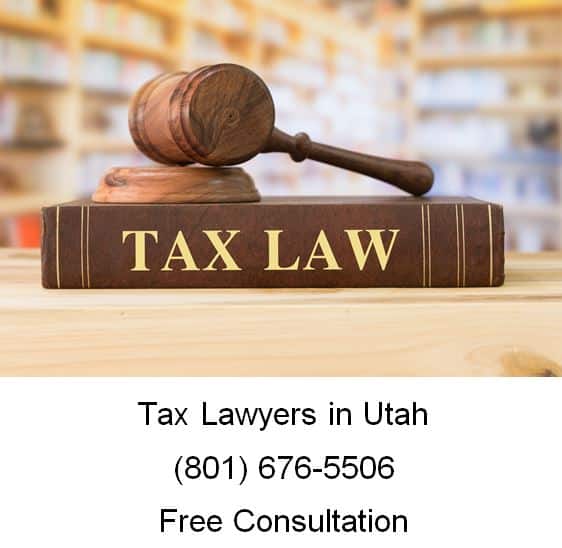

It’s a terrible feeling when you discover that you owe on your taxes, and even worse when you don’t have the money to pay. You might be tempted to simply not file until you have enough to pay the government in full. But that’s never a good idea.
If you can’t submit all that is due, you should file your tax return and give as much as you can. You can pay off the balance by setting up a payment plan with the IRS. It will save you money in the long run because the penalty for not filing is 10 times more than the failure-to-pay penalty. Get started by choosing the payment plan that works best for your situation. If you’re wondering, “Can I make payments on my taxes?”, the answer is YES, but there is a right way to do it. So, if you find yourself temporarily short of cash, or facing a significant tax bill that could take years to pay off, chance are the IRS has a payment plan that will work for you. Consider some of the following IRS recommended methods.
You never know what you can get unless you ask. Based on your circumstances, the IRS may grant a short additional time for you to pay your tax in full. Typical extensions are between 60 and 120 days. Additional Interest and fees may apply during the extension, but you should pay less in penalties and interest than if the debt were repaid through an installment agreement.
The IRS allows you to make smaller periodic payments over time through an installment agreement if you can’t pay the full amount at once. If you request a payment agreement through the IRS website you will receive immediate notification if your agreement is approved.
If your request a payment plan by mail, you can reduce the accrual of penalties and interest by making voluntary payments until you’re notified whether your payment plan request was accepted. Once you’ve entered into an installment agreement you are considered “in good standing” with the IRS and most state taxing authorities. Payment plans typically last up to 72 months.
The federal government now accepts all major credit cards for tax payments. Many credit cards charge less than the interest and penalties charged by the IRS on back taxes. However, if you are paying by credit card, you will also be hit with a convenience fee based on the amount you are paying.
If you owe on your taxes but your current financial circumstances are extremely dire, you can ask the IRS to assess you as Currently Not Collectible. In such a situation, the IRS would determine if collection of the liability would create a hardship that would leave you unable to meet necessary living expenses.
Whether it’s from a bank or a family member, a traditional loan could likely be had at a lower interest rate than charged by the IRS. Remember, if you’re borrowing money from a family member you need to pay interest or the IRS could consider it a taxable gift.
If you have a history of paying on time, you may be able to avoid paying the penalty by asking for a first-time waiver. Taxpayers with previous late pays may still be able to have penalties waived if they can show “reasonable cause” for their delinquency. Although this is not a type of payment plan, it will reduce the amount you owe which should make it easier to pay your back taxes.
Tax Lawyer Free Consultation
When you need legal help with paying taxes, please call Ascent Law for your free tax law consultation (801) 676-5506. We want to help you.
8833 S. Redwood Road, Suite C
West Jordan, Utah
84088 United States
Telephone: (801) 676-5506
Recent Posts
How to Close Your Sole Proprietorship Business

